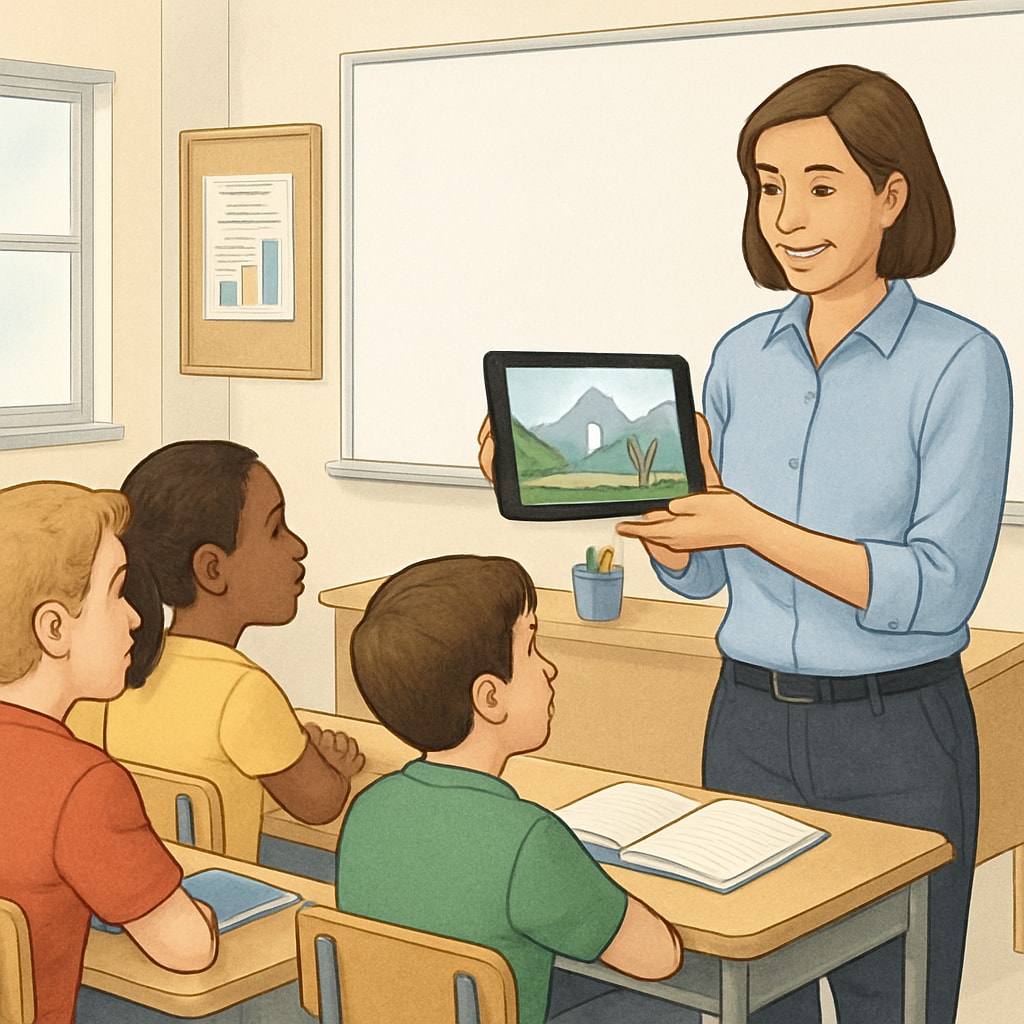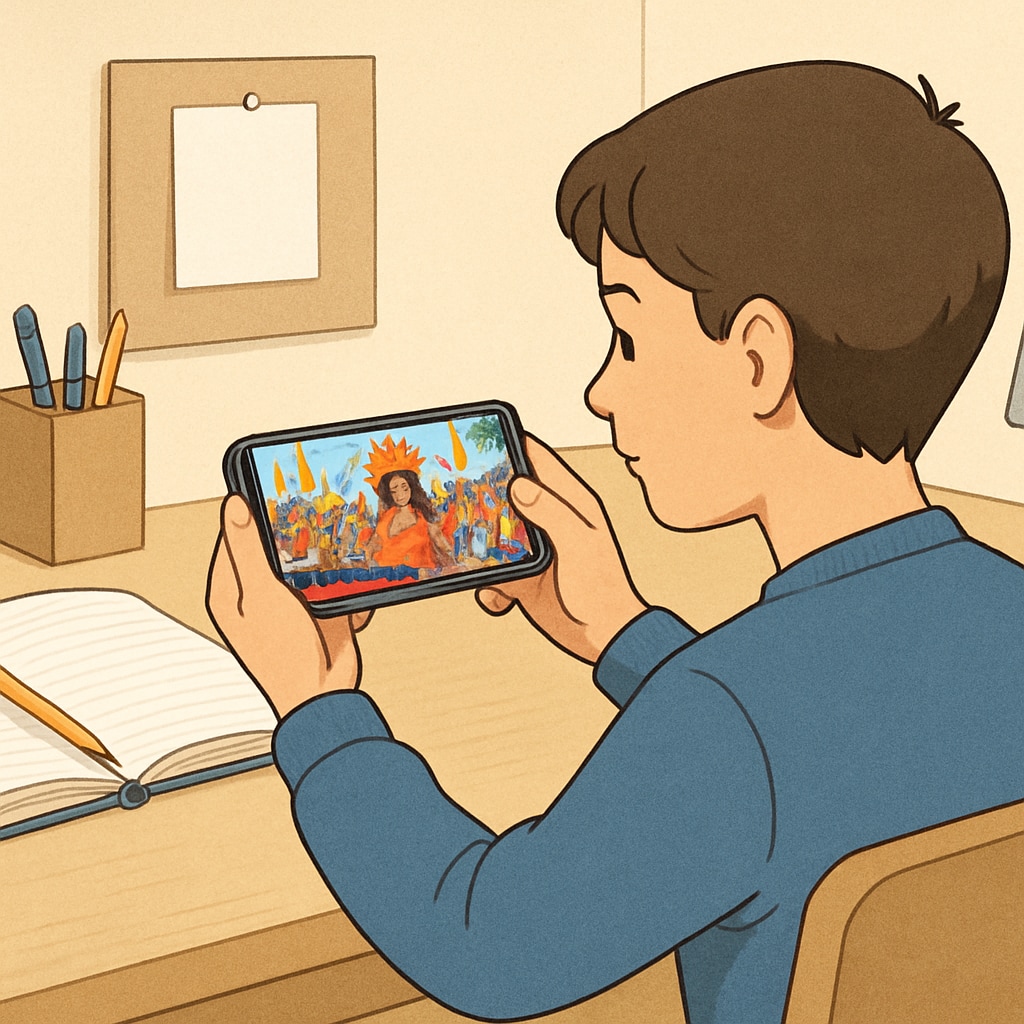The influence of “travel short videos” on K12 students’ geographical cognition, cultural understanding, and decision-making is an emerging topic in the field of educational research. As part of a master’s thesis, a questionnaire survey is being conducted to gather insights on this subject. Your participation in this study could contribute to a deeper understanding of how digital content is reshaping education and cultural awareness.

Why Travel Short Videos Matter in K12 Education
In recent years, short video platforms like TikTok, YouTube Shorts, and Instagram Reels have become powerful tools for communication and learning. These platforms are particularly valuable in the context of K12 education, where students are increasingly exposed to visual and interactive content. Travel short videos, in particular, offer unique opportunities to enhance students’ geographical knowledge and cultural awareness.
Through these videos, students can virtually explore different parts of the world, observe diverse ways of living, and develop an appreciation for global cultures. For example, a short clip showcasing the bustling streets of Tokyo or the serene landscapes of Patagonia can leave a lasting impression on students, encouraging curiosity and further exploration.
Key Impacts of Travel Short Videos
Travel short videos can have several transformative effects on K12 students’ learning experiences:
- Enhanced Geographical Cognition: By visualizing real-world locations, students can better understand geographical concepts such as climate zones, ecosystems, and urban development.
- Fostered Cross-Cultural Understanding: Exposure to different cultures promotes empathy, tolerance, and a broader worldview.
- Informed Decision-Making: Students can learn how travel and tourism decisions impact local economies, environments, and communities.
Moreover, these videos are often created in an engaging and entertaining format, making learning more accessible and enjoyable for younger audiences. As a result, travel short videos have the potential to bridge the gap between academic content and real-world experiences.

How You Can Support This Research
The ongoing master’s thesis aims to investigate the full scope of these impacts by collecting data through a structured questionnaire. Educators, researchers, and parents are encouraged to participate in this study and share their perspectives. By contributing to this research, you can help identify the challenges and opportunities associated with integrating travel short videos into educational curricula.
Learn more about travel videos and their cultural significance, or explore education trends on Britannica to understand how media shapes modern learning environments.
In addition, insights from this study could inform the development of new teaching methods, digital tools, and policies that leverage the potential of travel short videos. Your input is vital in paving the way for innovative educational practices that prepare students for a globally connected world.
The Future of Educational Innovation
As technology continues to evolve, the role of digital media in education will only become more significant. Travel short videos represent a small but impactful part of this transformation. By participating in this research, you are not only contributing to the academic community but also helping shape the future of education for the next generation.
If you are interested in participating in the survey or learning more about the study, please feel free to reach out. Together, we can unlock the potential of digital content to enrich the educational experiences of K12 students around the world.
Readability guidance: The article employs concise paragraphs and lists to ensure readability. Active voice is prioritized, and transitional phrases (e.g., “for example,” “as a result,” “in addition”) are incorporated to enhance flow. Long sentences are minimized, and academic terms are explained where necessary.


